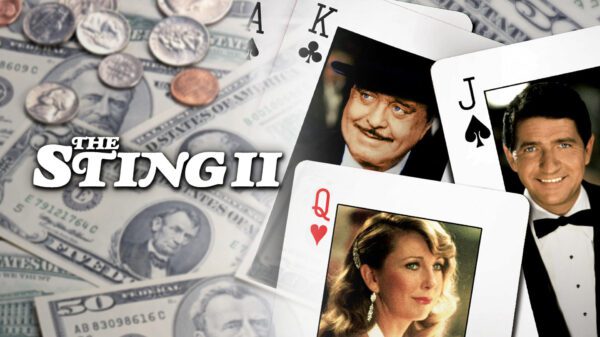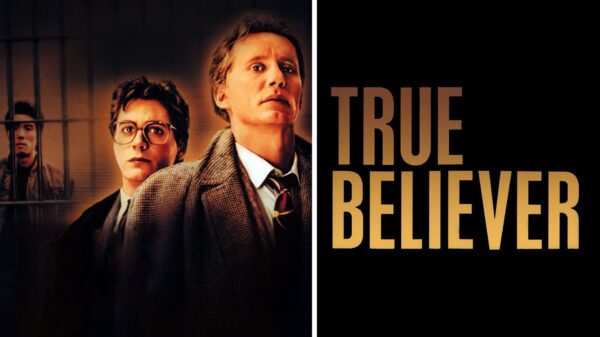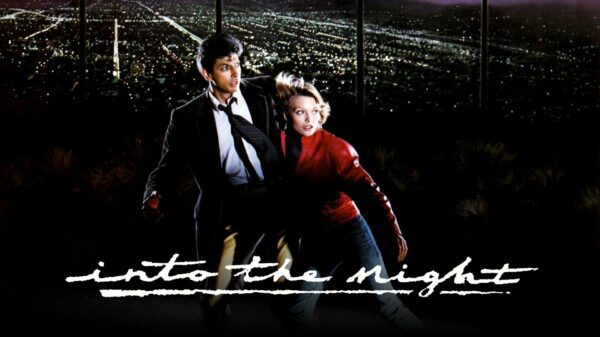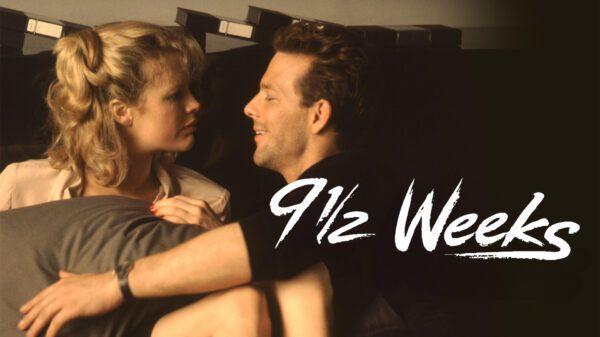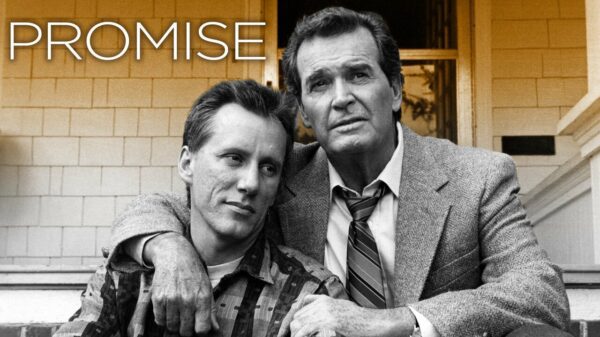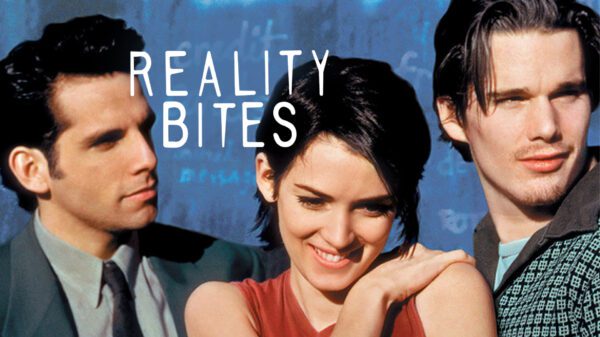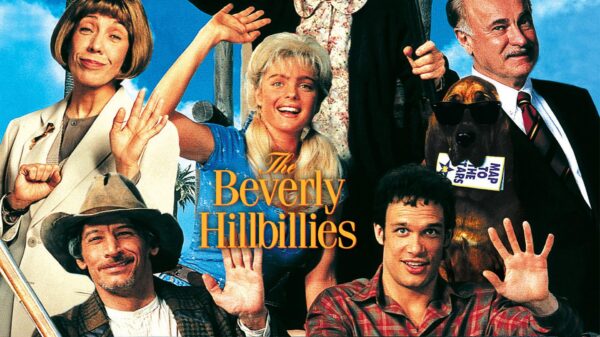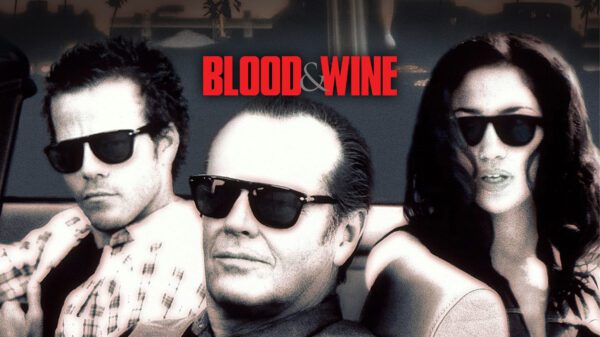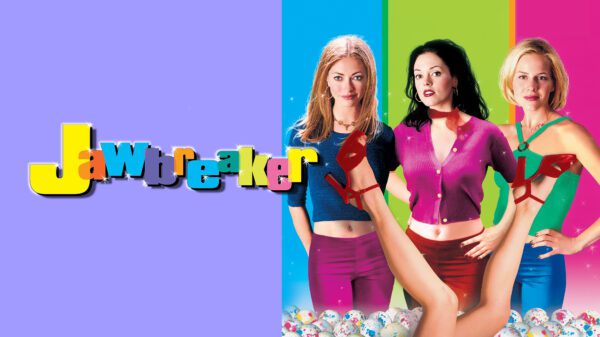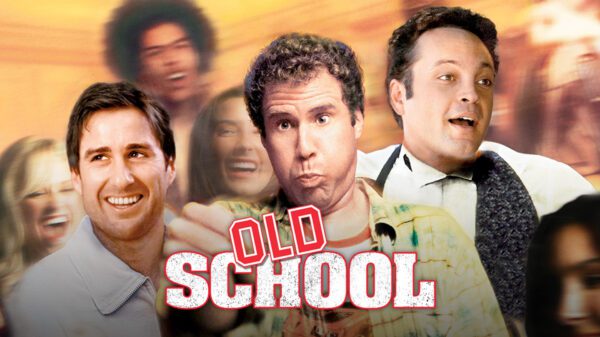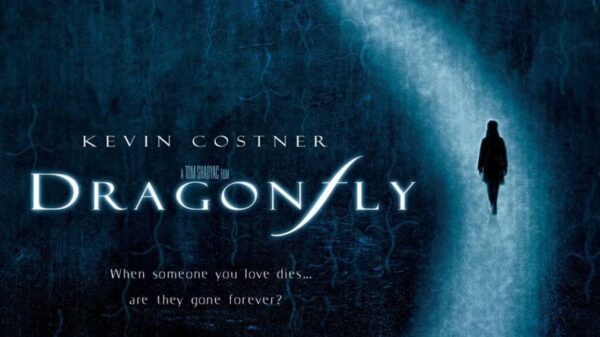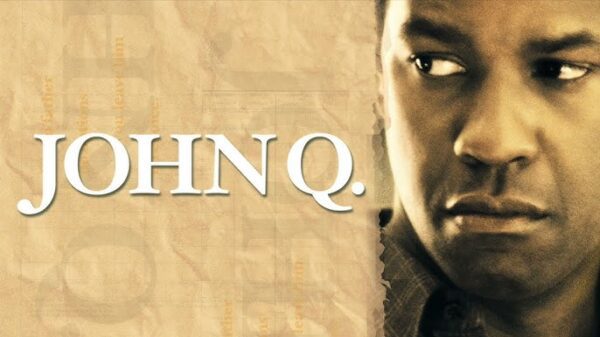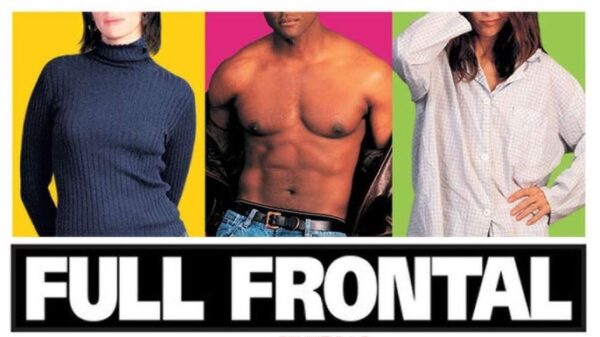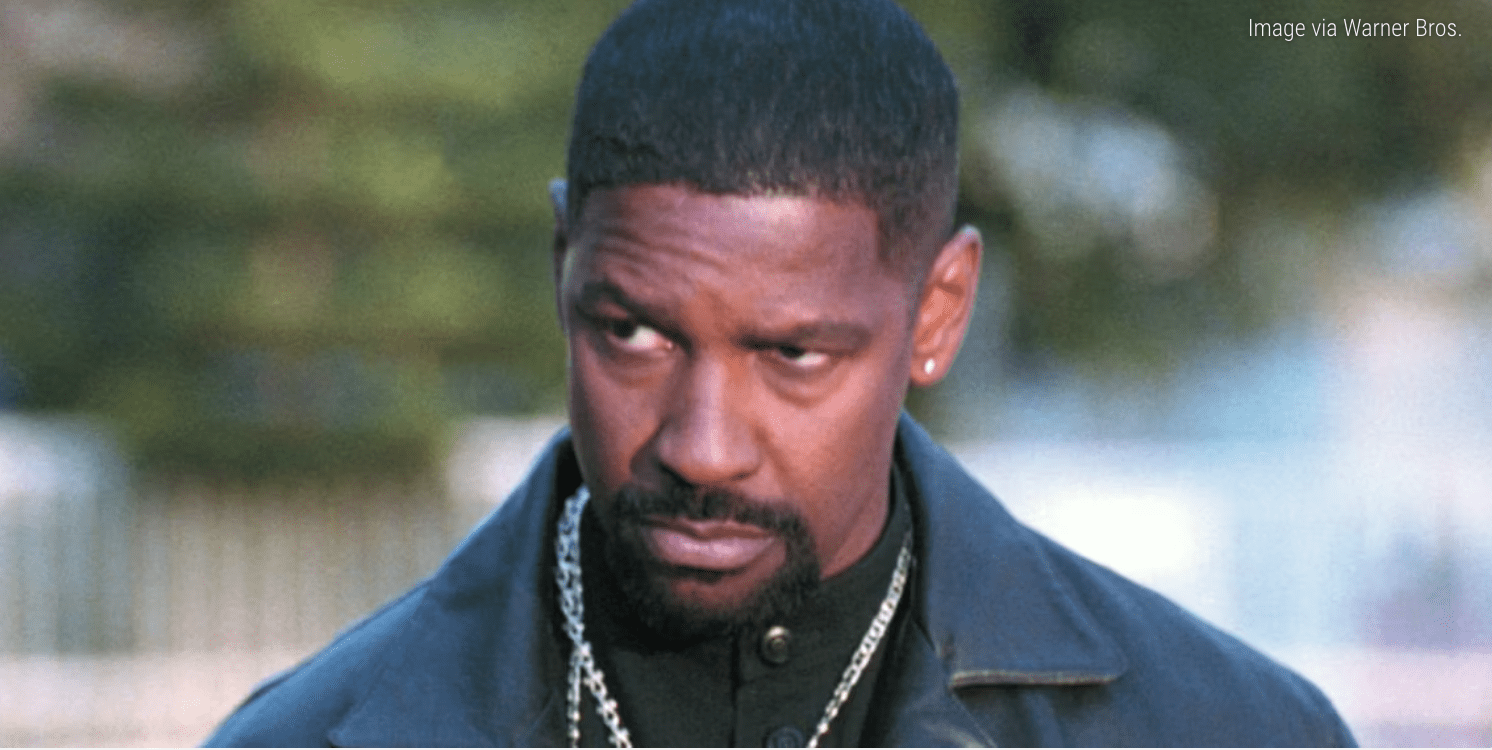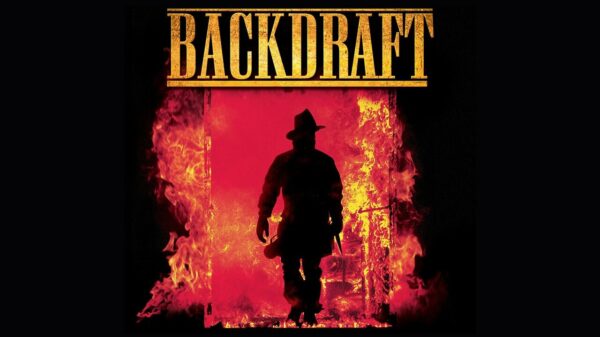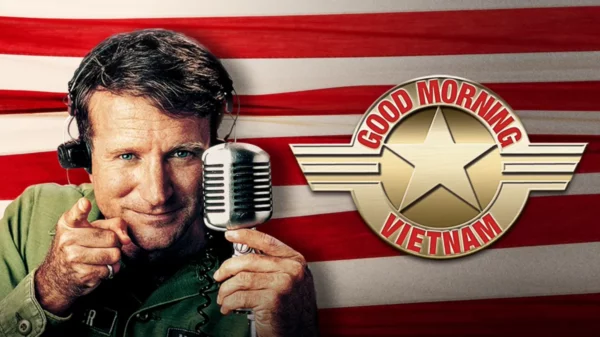Oliver Stone‘s 1987 film Wall Street is a captivating exploration of the dark side of ambition and the intoxicating allure of wealth was released in theaters on Dec. 11, 1987. Set against the backdrop of the 1980s Wall Street boom, the film delves into the world of corporate greed, insider trading, and the moral compromises that come with chasing the American Dream.
Michael Douglas delivers an Oscar-winning performance as Gordon Gekko, a ruthless and charismatic corporate raider who embodies the excesses of the era. His iconic line, “Greed, for lack of a better word, is good. Greed is right, greed works. Greed clarifies, cuts through, and captures the essence of the evolutionary spirit” has become synonymous with the film and serves as a chilling indictment of the materialistic values that were prevalent at the time.

Michael Douglas as Gordo Gekko in Wall Street (Photo/FOX)
Charlie Sheen, reuniting with Stone from the previous year’s Oscar-winning Platoon, plays Bud Fox, a young and ambitious stockbroker at Jackson Steinem & Co. in New York City who becomes Gekko’s protégé. Sheen’s portrayal of a naive and idealistic young man who gradually succumbs to the temptations of wealth and power is both compelling and cautionary.
Strong Supporting Cast
Daryl Hannah plays Darien Talyor, an interior decorator who is also Gekko’s art consultant and former mistress. Once Bud gains some wealth, she becomes his live-in girlfriend. Hannah had gained popularity from roles in Splash (1984) starring Tom Hanks and John Candy, Legal Eagles starring Robert Redford and Debra Winger and Roxanne (1987) starring Steve Martin.
Martin Sheen shines in the role of Bud’s father, a union representative for Blue Star Airlines whose blue collar values clash with his son’s materialistic world.
Hal Holbrook, James Karen, John C. McGinley, Sean Young, Terence Stamp, James Spader, Saul Rubinek and Josh Mostel round out the impressive cast.
Oliver Stone’s Platoon Follow-Up
Stone’s sharp script and stylish direction capture the energy and excitement of the 1980s, while also exposing the underlying moral decay and corruption that fueled the decade’s economic boom. Stone’s unflinching portrayal of the ruthless tactics employed by corporate raiders and the devastating impact of their actions on individuals and communities remains relevant today.
Reception for Wall Street
Wall Street opened at No. 3 at the domestic box office, grossing $4.1 million. The film trailed Throw Momma from the Train ($7.3 million) and Three Men and a Baby ($7.04 million) and ahead of Planes, Trains & Automobiles ($3.7 million).
Wall Street would go on to gross $43.8 million in its theatrical run.
Roger Ebert gave the film three and a half stars out of four and praised it for allowing “all the financial wheeling and dealing to seem complicated and convincing, and yet always have it make sense. The movie can be followed by anybody, because the details of stock manipulation are all filtered through transparent layers of greed. Most of the time we know what’s going on. All of the time, we know why”
Lasting Legacy
Wall Street is a product of its time and serves as a nostalgic piece of the 1980s excess. Its themes of greed, ambition, and the erosion of ethics continue to resonate with audiences. The film’s exploration of the American Dream and the sacrifices that individuals are willing to make in pursuit of wealth has made it a classic of its genre.
Stone and Douglas reunited for a sequel titled Wall Street: Money Never Sleeps, which was released theatrically on Sept. 24, 2010.

